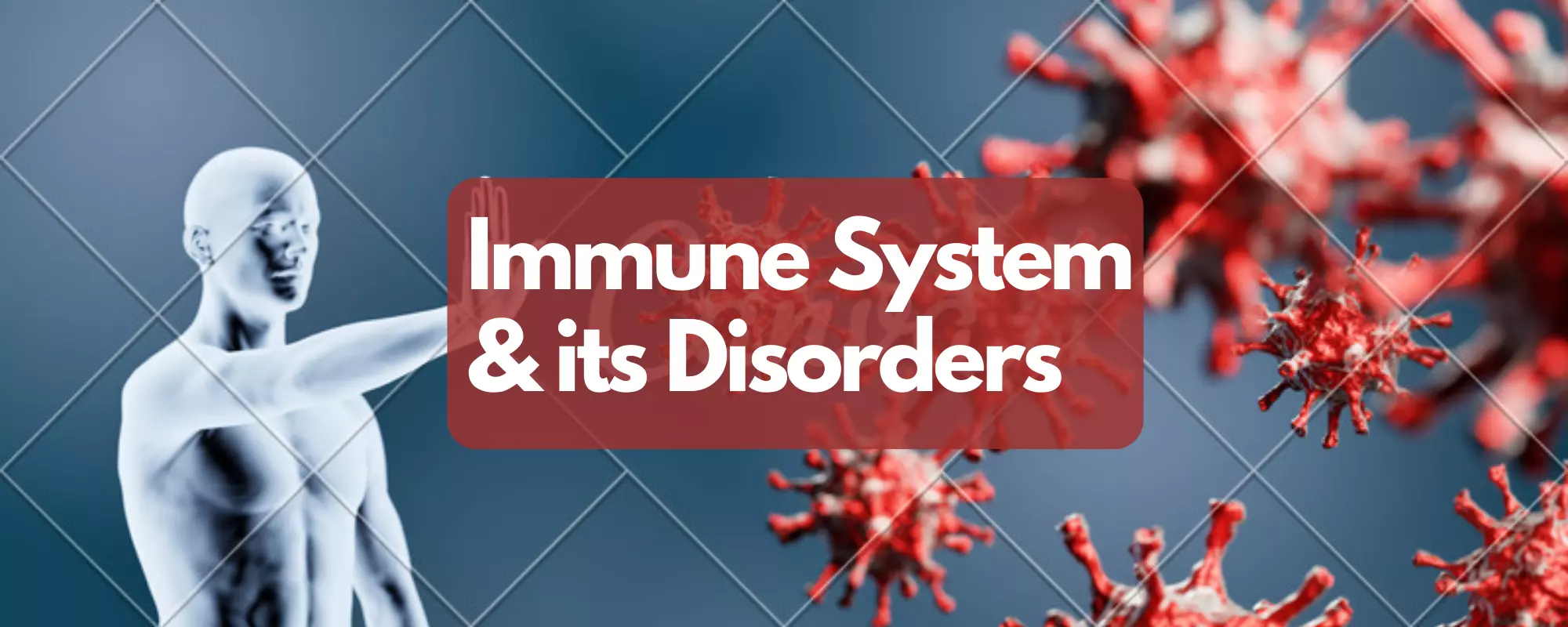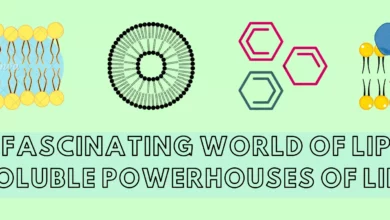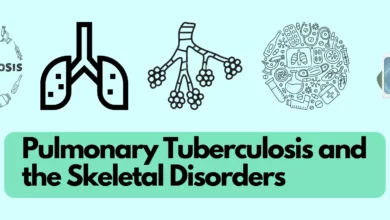Understanding the Powerful Immune System, Autoimmune Diseases, and the Complexities of Male and Female Infertility
The immune system is the most powerful system in the human body. It protects us from fatal and deadly diseases. It is responsible for the continuation of generation. The survival of the fittest somehow also depends on the immune system. There are many disorders of the immune system which also become the major reason for infertility in males and females. Following are some important information related to the immune system and the disorders of the immune system.
Table of Contents
What is the Immune System?
The immune system is a complex network of cells, tissues, and organs that work together to fight against infections and diseases.
When harmful germs like bacteria or viruses invade the body, they multiply and cause infections, leading to diseases. However, our immune system protects us by combating these germs.

Parts of the Immune System
The immune system consists of various components, including:
Skin: Acts as a barrier to prevent germs from entering the body.
Mucous Membranes: Internal linings of organs and body cavities that produce mucus to trap and fight foreign substances.
White Blood Cells: Combat germs and infections.
Organs and Tissues of the Lymphatic System: Thymus, spleen, tonsils, lymph nodes, lymphatic vessels, and bone marrow, which produce, store, and transport white blood cells.
How Does the Immune System Work?
The immune system defends the body against harmful or foreign substances known as antigens. When the immune system recognizes an antigen, it launches an immune response. This response includes the production of antibodies, which are proteins that weaken and destroy antigens. Additionally, the immune system generates other cells to combat the antigen.
Furthermore, the immune system retains the memory of the antigen, enabling rapid identification and delivery of the appropriate antibodies upon encountering it again. This memory-based protection is known as immunity, preventing most cases of illness.

Types of Immunity
There are three types of immunity:
Innate Immunity
The body’s natural defense mechanism, including the skin, mucous membranes, and certain cells and chemicals that combat foreign substances.
Active Immunity
Developed through infection or vaccination, resulting in long-lasting immunity. It can persist for a lifetime in many cases.
Passive Immunity
This occurs when antibodies are received instead of being produced by the immune system. It can be acquired through maternal antibodies in newborns or via blood products containing antibodies. This type of immunity provides immediate protection but is short-lived, lasting for weeks or months.

Issues with the Immune System
At times, the immune system may exhibit a response even in the absence of a real threat, leading to allergies, asthma, and autoimmune diseases. Autoimmune diseases occur when the immune system mistakenly attacks and damages healthy cells in the body.
Moreover, immune system problems can arise when it is not functioning properly, resulting in immunodeficiency diseases. Individuals with immunodeficiency diseases experience more frequent and severe infections that are challenging to treat. Some of these conditions are genetic disorders.
Other diseases, such as HIV, can also impair the immune system by destroying white blood cells. Untreated HIV can progress to AIDS (acquired immunodeficiency syndrome), characterized by a severely compromised immune system and increased susceptibility to various serious illnesses.
You May Like: Music and its Side Effects
Autoimmune Disorders
Autoimmune disorders occur when the immune system erroneously attacks and destroys healthy cells in the body. Over 80 different types of autoimmune disorders have been identified.
Causes
The immune system’s blood cells play a vital role in protecting the body from harmful substances like bacteria, viruses, toxins, cancer cells, and foreign tissues. These substances contain antigens that trigger the immune system to produce antibodies, which aid in destroying them.
In autoimmune disorders, the immune system fails to distinguish between healthy tissues and harmful antigens, resulting in the destruction of normal tissues.
The exact cause of autoimmune disorders is unknown. Some studies suggest that certain microorganisms, drugs, or genetic factors can trigger changes that confuse the immune system, potentially leading to autoimmune disorders.
Autoimmune disorders can cause various effects, including the destruction of body tissues, abnormal organ growth, and changes in organ function. Commonly affected areas include blood vessels, connective tissues, endocrine glands (such as the thyroid or pancreas), joints, muscles, red blood cells, and skin. It is possible for an individual to have multiple autoimmune disorders simultaneously. Some well-known autoimmune disorders include Addison’s disease, celiac disease, Graves disease, Hashimoto’s thyroiditis, multiple sclerosis, and rheumatoid arthritis.
Disorders of the Reproductive System
Infertility is the failure to achieve pregnancy and can manifest in varying degrees.

Causes of Male Infertility
Common causes of male infertility include azoospermia (lack of sperm production), oligospermia (low sperm count), sperm deformities, and autoimmune disorders.
a) Azoospermia: Absence of sperm caused by a blockage in the sperm ducts due to infection or injury, which can be congenital.
b) Oligospermia: Sperm count below 20 million/ml.
c) Sperm Deformities: Abnormalities in sperm shape.
d) Autoimmune Disorder: Some individuals experience infertility due to an immune response against their own sperm, resulting in the production of antibodies that attack sperm and reduce sperm count.
Causes of Female Infertility
Common causes of female infertility include failure to ovulate, blocked fallopian tubes, uterine damage, cervical mucus defects, and endometriosis.
a) Failure to Ovulate: Dysfunction of the hypothalamus or pituitary gland leading to hormonal imbalance, resulting in inadequate follicle development or disrupted egg release.
b) Blocked Fallopian Tubes: Infertility can occur due to diseases causing blockages in the fallopian tubes, often resulting from infections.
c) Uterine Damage: Benign tumors called fibroids, growing from the walls of the uterus, can cause infertility.
d) Cervical Mucus Defect: Issues with the mucus in the cervix can hinder sperm movement and conception.
e) Endometriosis: A condition where endometrial tissue grows outside the uterus, potentially obstructing egg release and implantation.
Understanding the Impact of Endocrine-Disrupting Contaminants on Reproductive Abilities
Certain natural and man-made chemicals, referred to as endocrine-disrupting contaminants (EDCs), can interfere with the endocrine glands and their hormones, as well as the target tissues where these hormones act. EDCs, such as DDT, present in our environment, increase the risk of reproductive disorders and certain cancers associated with endocrine system disruption. EDCs can affect hormone production, release, mimic or counteract hormone action, or accelerate hormone metabolism, thereby reducing their effectiveness.





